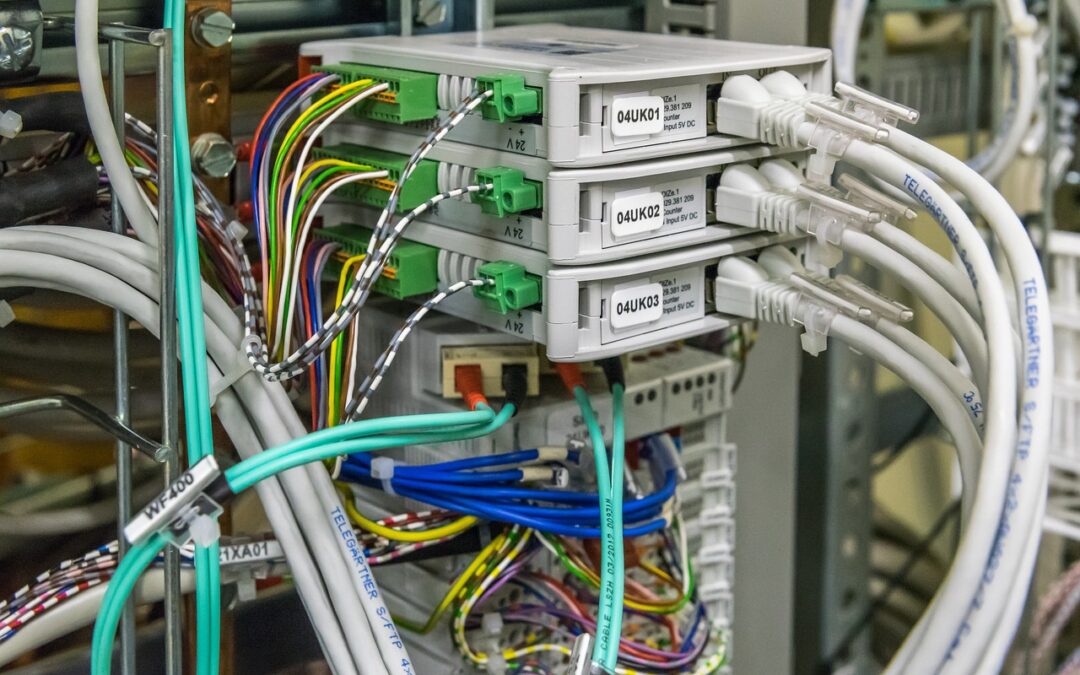Industrial commercial real estate leasing and sales stand at the forefront of transformative change. As we embrace the digital age, automation and technology are becoming integral components in reshaping the future of industrial logistics. In this blog post, we will delve into the key trends that are shaping the industry and driving its evolution.
- Smart Warehousing and Robotics Integration:
The rise of smart warehouses is revolutionizing the way industrial logistics functions. Automated storage and retrieval systems (AS/RS), robotics, and artificial intelligence are being seamlessly integrated to enhance efficiency and productivity. These technologies not only optimize inventory management but also reduce operational costs and human errors.
- Internet of Things (IoT) and Connectivity:
The Internet of Things has become a game-changer in the industrial logistics landscape. By connecting devices and systems, logistics managers can gain real-time insights into operations, track shipments, and monitor equipment health. This connectivity ensures a more responsive and adaptive supply chain, fostering a new era of data-driven decision-making.
- Predictive Analytics for Demand Forecasting:
Predictive analytics is transforming the way businesses forecast demand. By analyzing historical data, market trends, and external factors, logistics professionals can anticipate demand fluctuations and optimize inventory levels. This not only improves operational efficiency but also helps in minimizing excess inventory and associated costs.
- Autonomous Vehicles and Drones:
The adoption of autonomous vehicles and drones is gaining traction in the logistics sector. These technologies streamline transportation processes, reduce delivery times, and enhance last-mile delivery capabilities. The use of autonomous vehicles also contributes to a greener and more sustainable logistics ecosystem.
- Blockchain for Supply Chain Transparency:
Blockchain technology is increasingly being embraced for its potential to enhance transparency and traceability in the supply chain. By providing a secure and decentralized ledger, blockchain minimizes the risk of fraud, ensures the authenticity of products, and simplifies complex documentation processes.
- Augmented Reality (AR) in Warehouse Operations:
Augmented reality is finding applications in warehouse operations, improving order picking accuracy and reducing training time for new employees. AR systems provide visual guidance, enabling workers to locate items quickly and efficiently, ultimately contributing to faster order fulfillment.
- Green Logistics:
Sustainability is a growing concern in the industrial logistics sector. Companies are increasingly adopting eco-friendly practices and technologies to reduce their carbon footprint. From energy-efficient warehouses to electric-powered delivery vehicles, the industry is actively working towards creating a more sustainable and environmentally conscious supply chain.
Conclusion:
The future of industrial commercial real estate leasing and sales logistics is undeniably intertwined with the rapid advancements in automation and technology. Embracing these trends not only ensures a competitive edge in the market but also paves the way for a more efficient, sustainable, and resilient supply chain. As commercial real estate stakeholders, it is crucial to stay abreast of these developments and actively integrate them into the planning and management of industrial logistics spaces. The digital transformation of the industry is not just a trend but a necessity for staying relevant and thriving in the years to come.
If you are interested in a free broker opinion of value or just learning more about investing in commercial real estate in Maryland, Virginia, or Washington DC, please contact us. Avenue Real Estate is a leading full service commercial brokerage in the Baltimore and Washington DC areas and we would love to help you explore your options and make informed decisions about commercial real estate investments.

